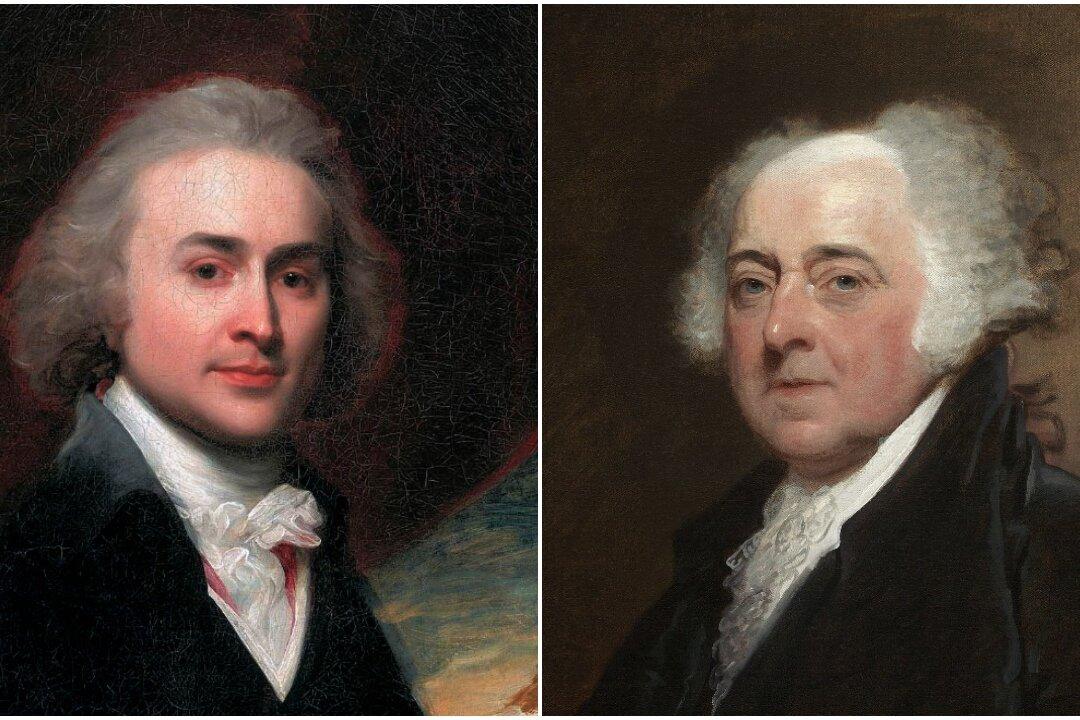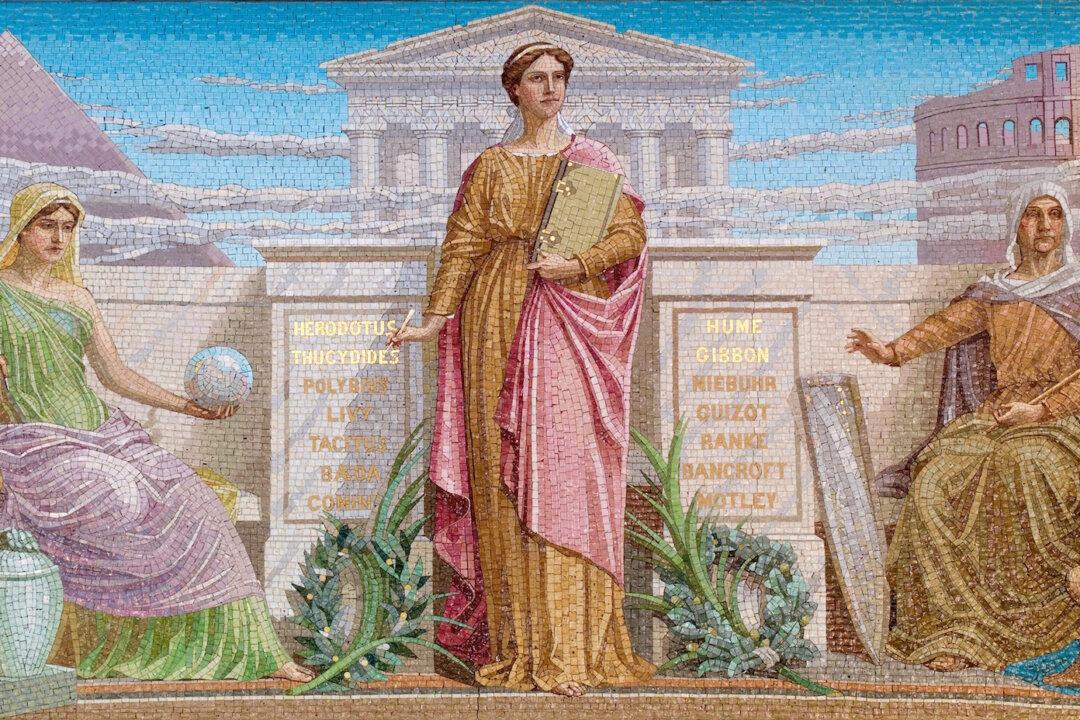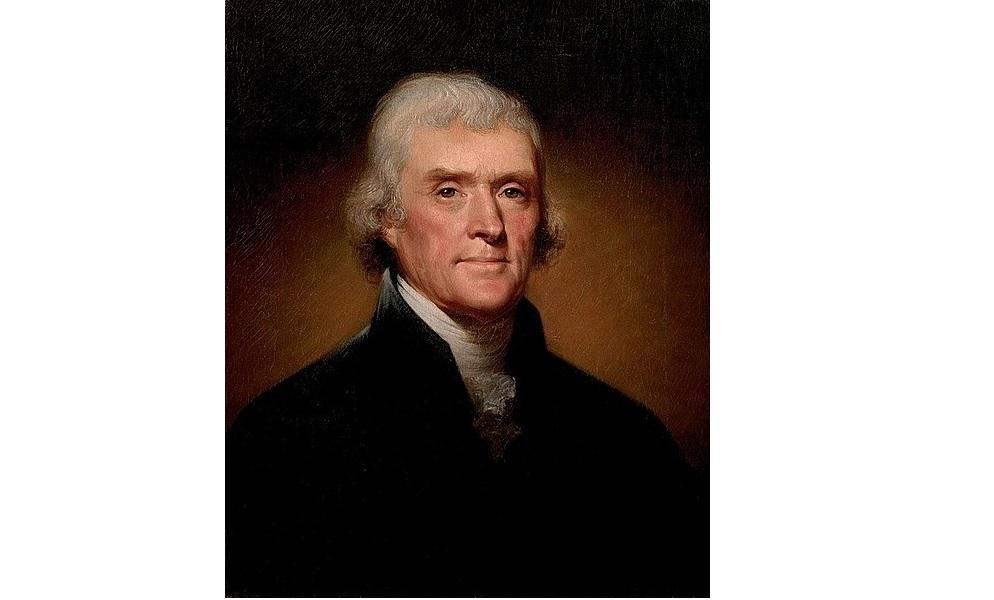One of my favorite Founders is John Adams. In my opinion, he wasn’t only the most intellectually brilliant of the Founders, but the most insightful. He had both great knowledge, and great wisdom. He didn’t look at the world through rose-colored glasses. And yet, he wasn’t a cynic—despite the fact that he had understandable reasons to be one.
Adams was extremely well-read, particularly in history. He was fluent in several languages, most notably Latin, and could read the Greek and Roman classics in their original languages. When confronting the challenges necessarily associated with establishing the independence of a country, and establishing its founding institutions, he invariably looked to history as a guide, and could cite numerous examples from multiple nations as examples for emulation or avoidance.






